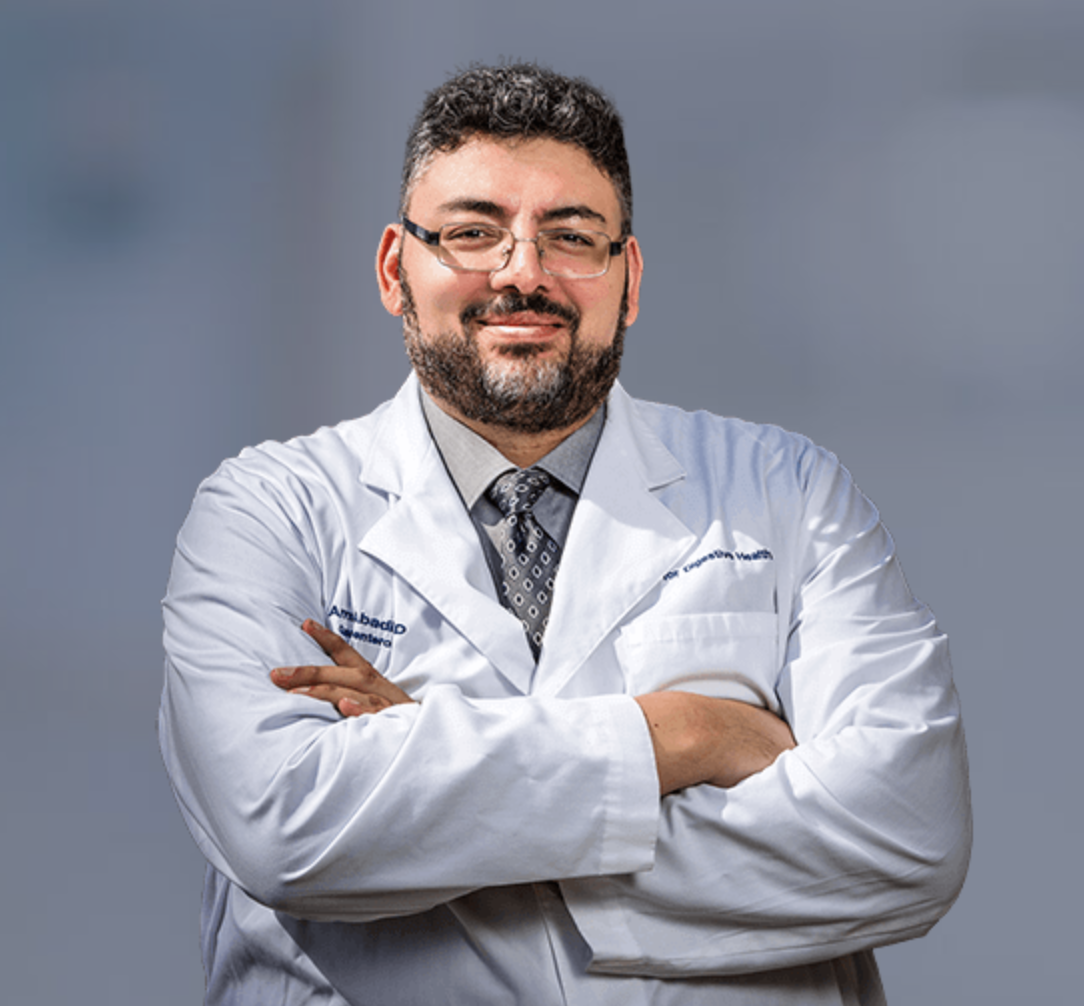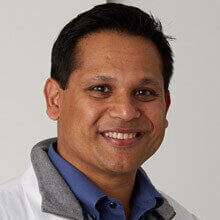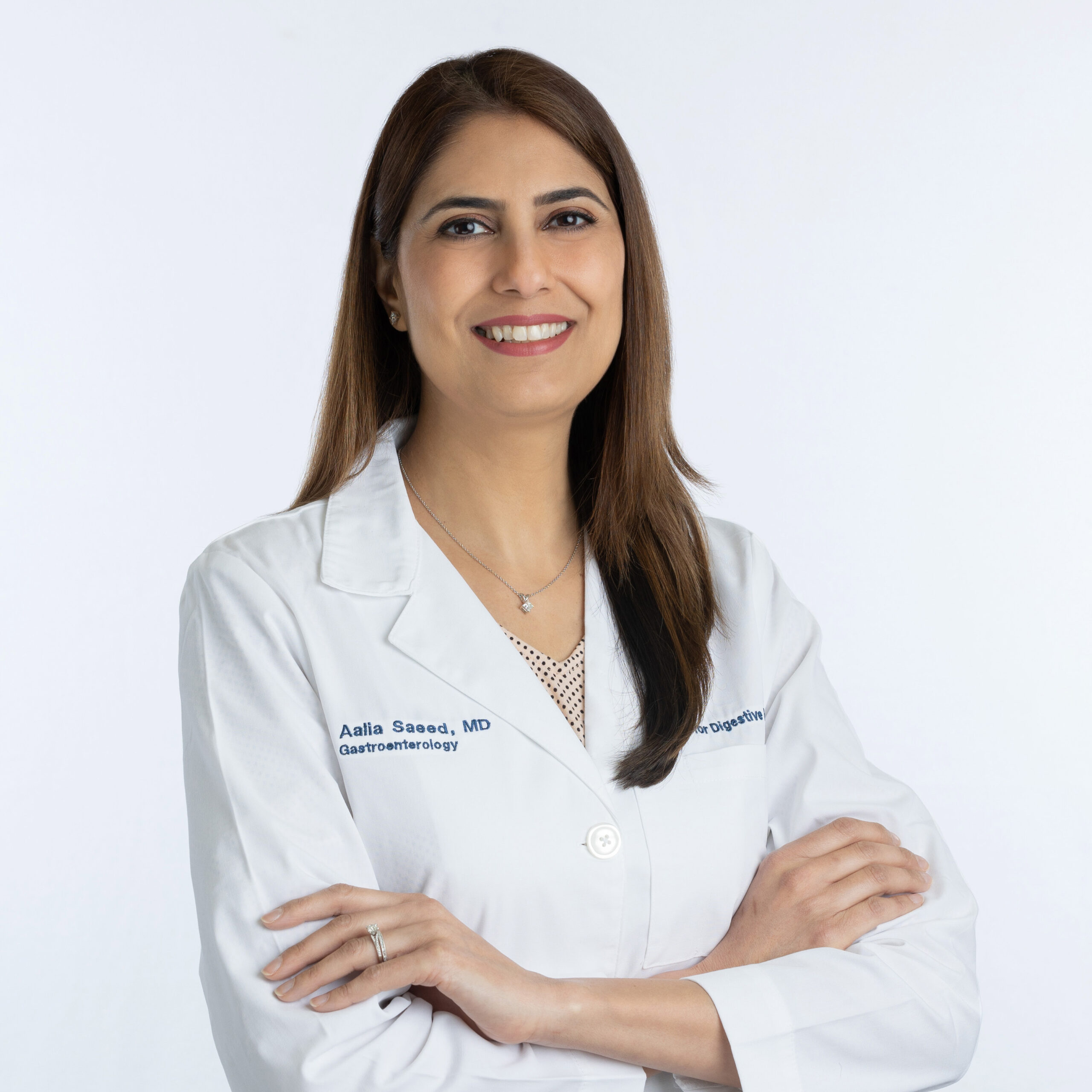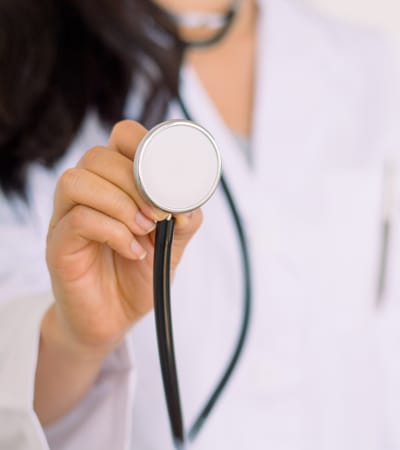Overview
Gallstones are pebble-like substances that form in the gallbladder, ranging in size from a grain of sand to a golf ball. A gallbladder can develop one stone, or hundreds of tiny stones.
Gallstones can block the flow of a digestive fluid called bile through the hepatic ducts, the cystic duct, or the common bile duct. Trapped bile can cause inflammation or infection in the gallbladder, liver, or pancreas.
Some people with gallstones have no symptoms. Symptoms of blocked bile might include pain in the right abdomen, pain in the back between the shoulder blades, or pain under the right shoulder. These are often called a gallbladder attack.
Applicable Procedures
What causes Gallstones?
Gallstones can develop when the liver secretes excess cholesterol, which can form into crystals and eventually gallstones when the bile cannot dissolve it. Gallstones can also form when your bile contains too much bilirubin, which is a substance that is created when the body breaks down red blood cells. Additionally, gallstones can develop when the gallbladder doesn’t empty properly. People with certain risk factors, such as being over age 40, being female, family history of gallstones, pregnancy, and being Mexican or Native American can increase the risk. Other risk factors for gallstones include obesity, lack of exercise, a high-fat diet, lack of fiber in the diet, high cholesterol intake, blood disorders, liver disease, and taking oral contraceptives or hormone therapy drugs.
Are gallstones dangerous?
There are several complications associated with gallstones. For example, gallstones can become lodged in the neck of the gallbladder, leading to inflammation and a condition called cholecystitis, which leads to severe pain and fever. Gallstones can also block the bile ducts and cause infection, or block the pancreatic duct, leading to pancreatitis, which usually requires treatment in a hospital. While it is rare, gallbladder cancer is also more likely among people with a history of gallstones.

















